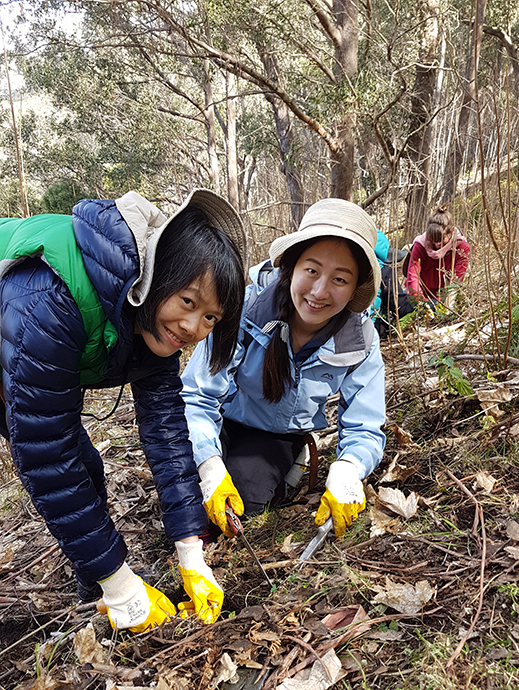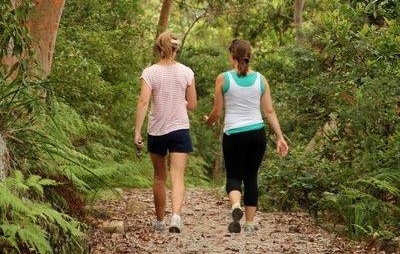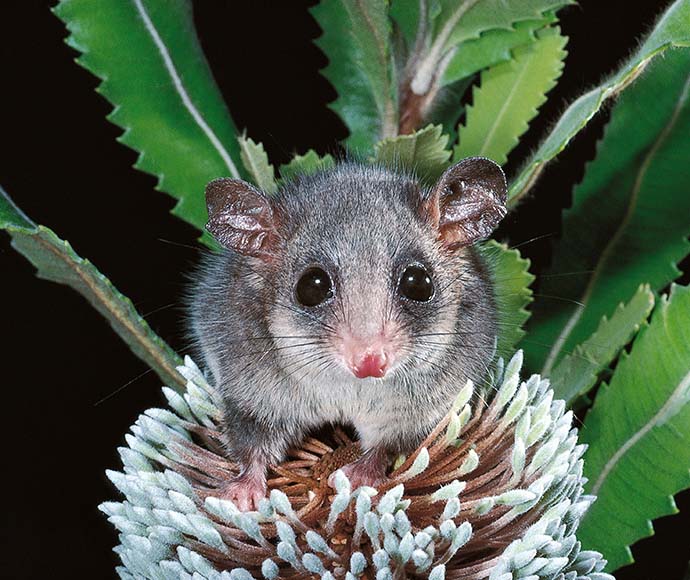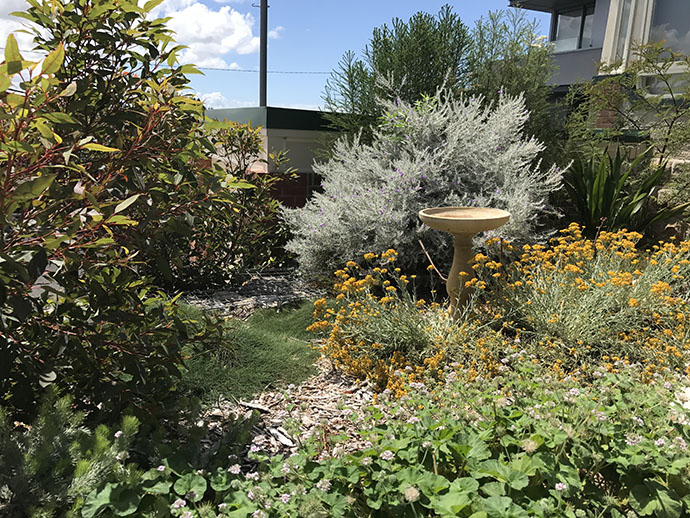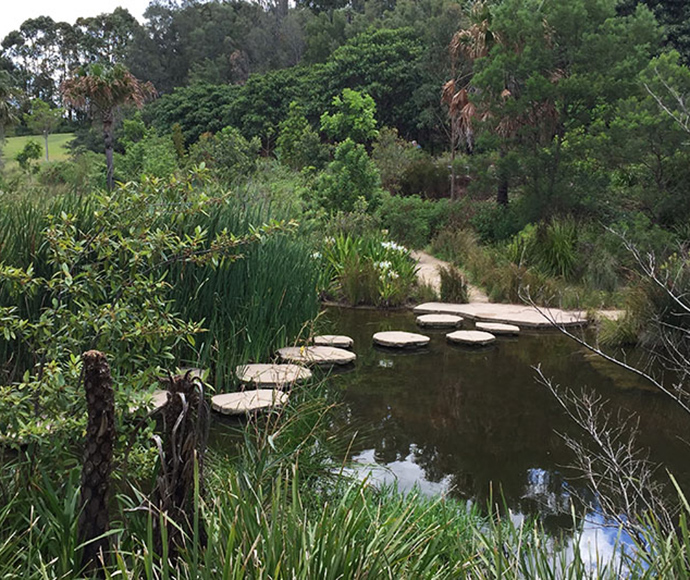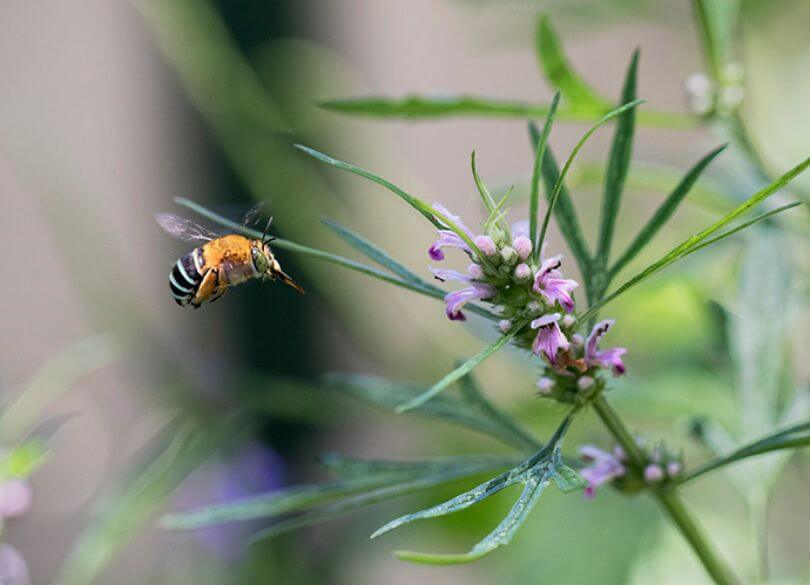Sydney Nature highlights the incredible variety of native plants and animals across our city and the many benefits they provide. It shows practical ways people are helping nature thrive alongside the diverse communities that call Sydney home. Learn more and share the actions you can take across balconies, backyards and neighbourhoods.
